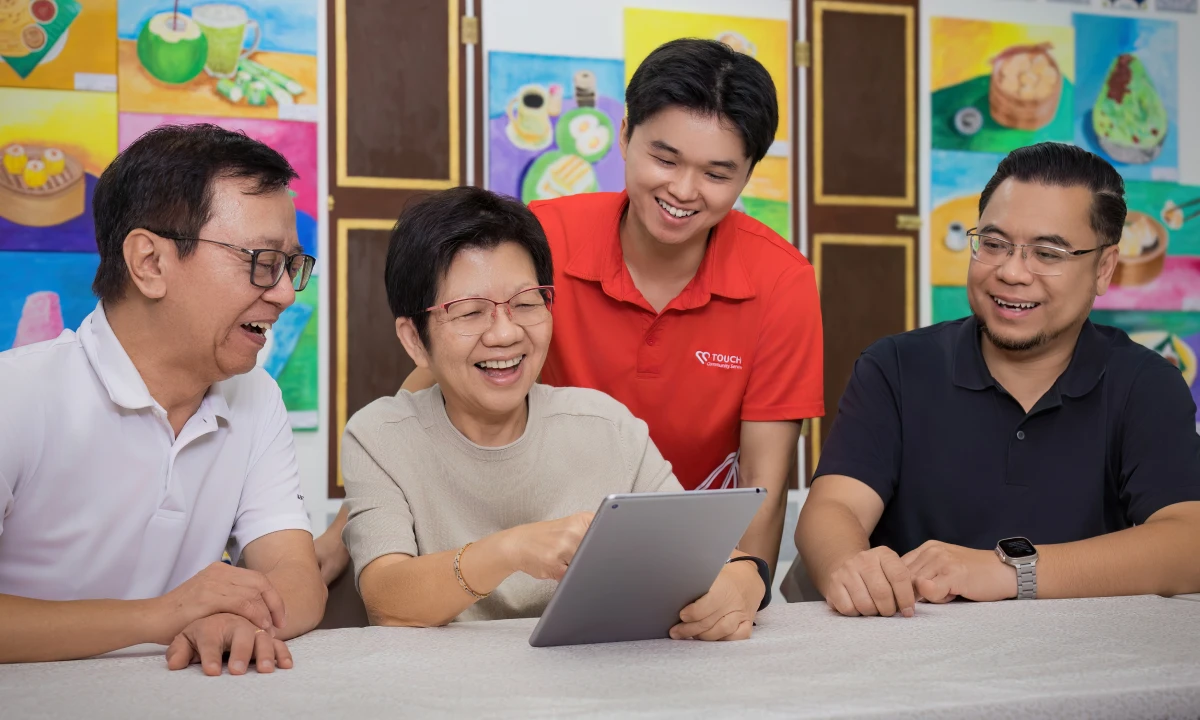When you’re caring for a child in Singapore’s diverse landscape, you’ll discover that compassion goes far beyond simple kindness. It’s a carefully cultivated skill that weaves together cultural understanding, emotional awareness, and mindful presence. While medical training and safety protocols form the foundation of caregiving, it’s the unspoken emotional lessons that transform routine care into meaningful connections. Let’s explore how Singapore’s caregiver training nurtures these essential but often invisible qualities.
The Unspoken Language of Cultural Sensitivity in Care
Many caregivers discover that cultural sensitivity goes far beyond just learning Singapore’s four official languages. During caregiver training in Singapore, you’ll learn that a child’s cultural background shapes their comfort, trust, and emotional well-being. You’ll discover how simple gestures, like removing shoes before entering homes or serving age-appropriate traditional foods, can create a nurturing environment that respects each family’s unique heritage.

Building Emotional Resilience Through Practice
While cultural awareness strengthens connections with children, emotional resilience forms the backbone of effective caregiving. You’ll build this resilience through daily practices like mindful breathing, self-reflection, and setting healthy boundaries. When you’re emotionally balanced, you’re better equipped to handle a child’s tantrums, anxiety, or developmental challenges. Remember to embrace self-care routines that help you stay centered and responsive.
Beyond Medical Skills: The Art of Human Connection
Although technical skills are essential for caregiving, forming genuine connections with children requires a deeper emotional intelligence. You’ll need to understand their non-verbal cues, respect their unique personalities, and create a safe emotional space. By actively listening, showing empathy, and celebrating their achievements, you’re building trust that goes beyond basic care. Remember, each child’s journey is unique and deserves your authentic presence.
Mindfulness and Self-awareness in Caregiving
Since caring for children demands your full attention and energy, practicing mindfulness helps you stay present and emotionally balanced throughout each day. You’ll notice your stress levels decrease as you focus on your breathing, observe your thoughts without judgment, and tune into your body’s signals. This self-awareness enables you to respond thoughtfully to children’s needs rather than react impulsively to challenging situations.
